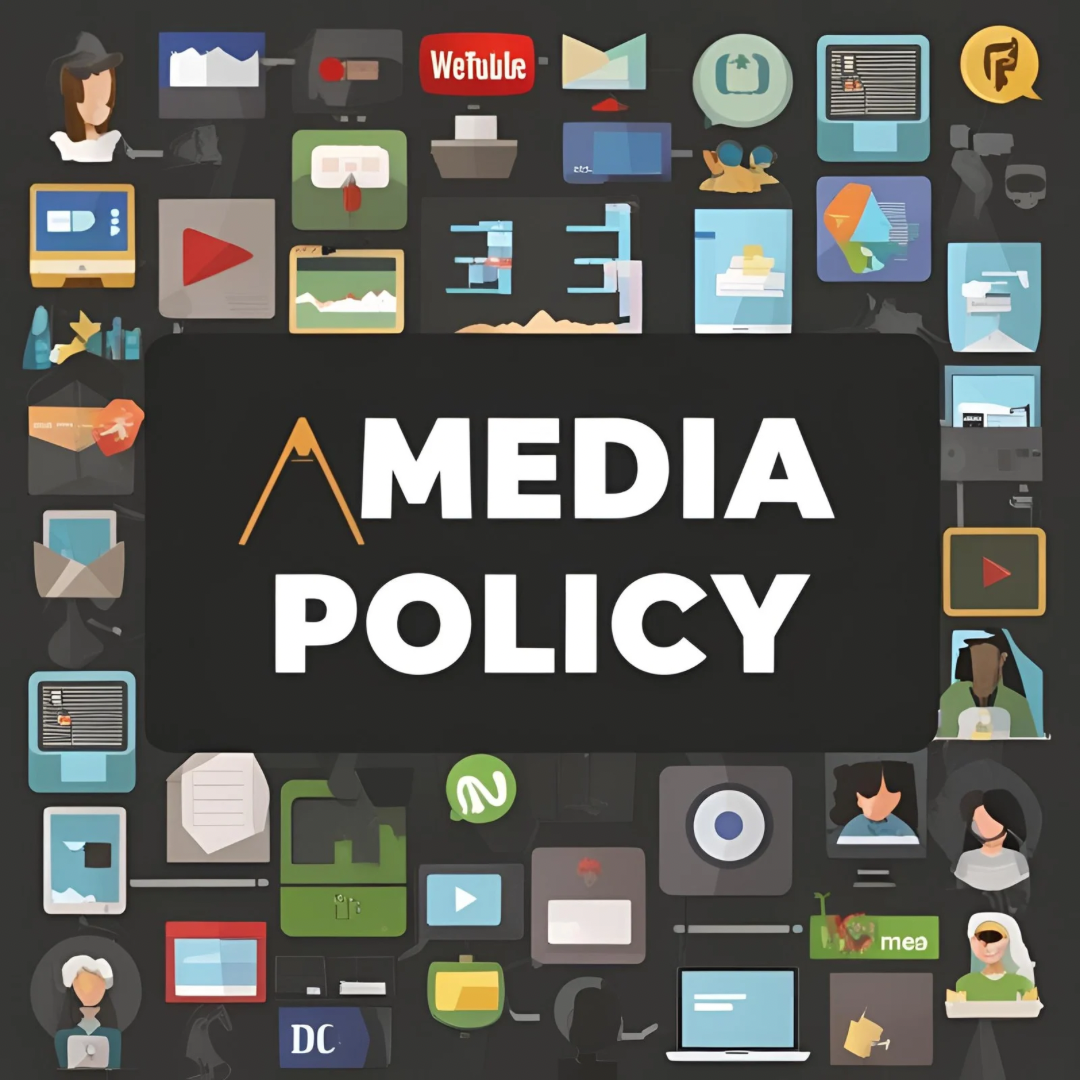- SUSTAINABILITY POLICY
- HUMAN & SOCIAL RIGHTS POLICY
- ETHICAL WORKPLACE POLICY
- ANTI-CORRUPTION POLICY
- COMMUNICATION AND MEDIA RELEASE POLICY
- CUSTOMER FEEDBACK AND IMPLEMENTATION POLICY
PURPOSE AND VISION
This policy establishes a framework for managing internal and external communications, media engagements, and the release of information to ensure consistency, accuracy, and alignment with the company’s objectives. It aims to protect the company’s reputation, safeguard confidential information, and enhance transparency with stakeholders
Transparency and Integrity
Transparency and Integrity - Communications should foster trust by being transparent, truthful, and respectful of stakeholders. - Any errors in public communication must be promptly acknowledged and corrected
Accuracy and Consistency
All communication must be clear, factual, and aligned with the company’s mission, values, and strategic goals. - Consistency in messaging is critical to maintaining a unified brand identity. Respect for Cultural and Regional Contexts - Communication strategies must consider the diverse cultural, social, and linguistic contexts of the company’s stakeholders and audiences.
Authorization and Approval
Only authorized personnel may communicate on behalf of the company or release information to the media. - Media releases, interviews, and public statements must be approved by the Communications Team or designated leadership
Confidentiality and Sensitivity
Proprietary, confidential, or sensitive information must not be disclosed without explicit authorization. - Employees must adhere to non-disclosure agreements and data protection laws.


Internal Communication – Channels include email, company intranet, newsletters, and town hall meetings. – Internal updates will focus on organizational performance, project progress, and company-wide initiatives.
External Communication – Channels include press releases, media interviews, social media platforms, public forums, and email newsletters. – Communication with external stakeholders must align with the company’s brand guidelines and approved messaging.
Social Media – The company’s official social media accounts are managed by the Communications Team. – Employees must refrain from sharing company-related information on personal social media accounts unless explicitly authorized.
-Content Development – Media releases must include accurate, non-misleading information and highlight the company’s impact, values, and achievements. – Content must be reviewed by relevant departments for technical accuracy.
-Approval Process – All media releases require approval from the Communications Team and designated leadership. – Press releases involving sensitive or strategic topics must be reviewed by the legal team.
-Spokesperson Designation – Only authorized spokespersons may represent the company in media interactions, interviews, and public forums. – Spokespersons must be trained in media engagement and adhere to approved talking points.
-Crisis Communication – In the event of a crisis or sensitive issue, all communication will be coordinated through the Crisis Management Team to ensure accuracy and consistency. – No unauthorized statements or responses may be issued during a crisis.
-Official Accounts – The Communications Team is responsible for managing all official social media accounts and digital platforms. – All posts must reflect the company’s values, mission, and current priorities.
-Employee Social Media Use – Employees must not disclose confidential or proprietary information about the company on personal social media accounts. – Personal opinions shared online must be clearly distinguished from company views.
-Monitoring and Response – Social media activity related to the company will be monitored regularly to identify opportunities, concerns, or misinformation. – Responses to queries or negative comments must be professional, accurate, and timely.
Confidential Information – All communications must comply with data protection laws and internal confidentiality agreements. – Proprietary or client information must not be shared publicly without explicit consent.
-Sensitive Topics – Topics involving financial results, partnerships, legal matters, or unannounced projects require strict approval and must be handled with discretion. 8. Training and Awareness – Employees will receive training on communication best practices, media engagement, and social media etiquette. – Regular workshops will be conducted for spokespersons and team members managing communication responsibilities.
